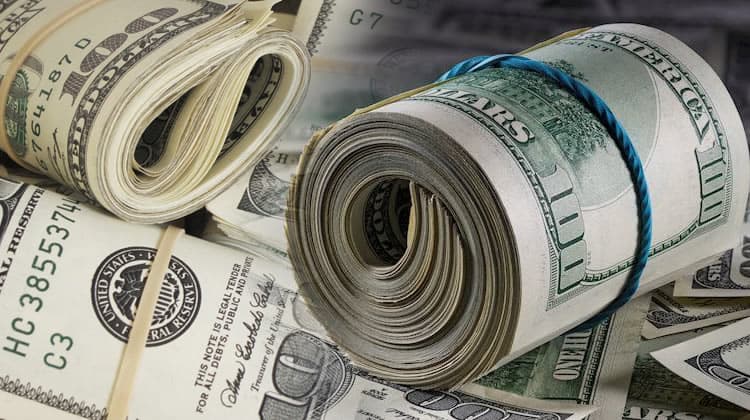
According to information released by the Central Bank of Nigeria, each Bureau de Change operator will get 10,000 at a rate of N1,251/.
This was stated in a circular which was signed on Monday by Dr. Hassan Mahmud, the bank’s director of the trade and exchange department.
It is implied that the BDCs are not expected to sell over N1,269/$1 by the apex bank, which instructed each BDC to sell the dollars to qualified consumers at a rate not to exceed 1.5% above the acquisition price.
The CBN stopped selling foreign exchange to BDCs on July 27, 2021, citing them for engaging in FX wholesale transactions above $5,000, which was against both their licenses and Nigeria’s FX laws.
According to reports, CBN declared in February that it will sell foreign exchange valued at $20,000 to any qualified Bureau de Change operator in the nation.
This occurs more over two years after foreign exchange sales to BDC operators were halted by Godwin Emefiele, the suspended former governor of the CBN.
On Monday, the naira continued its consistent upward trend versus the US dollar, closing at 1,408/$ on the official market after gaining N14.
"We are writing to let you know that $10,000 has been sold to each BDC at a rate of N1,251/$1. The BDCs are required to charge a margin of no more than 1.5% over the purchase price when selling to qualified end users.
Olayemi Cardoso, the governor of the central bank of Nigeria, unveiled a comprehensive plan last month with the goals of reducing inflation, stabilizing the currency rate, and reviving the nation’s banking sector and economy.
The central bank established expectations for continued expansion in the nation’s foreign currency reserves and more liquidity in the foreign exchange market during last month’s Monetary Policy Committee meeting and conference call with foreign portfolio investors.
“Every action we have done to increase reserves and increase market liquidity has begun to pay off,” Cardoso stated.
According to analysts, a central bank that increases liquidity puts more money into the financial system, which stabilizes the foreign exchange market by increasing the amount of money available for currency purchases and sales.
Marcel Okeke, the former chief economist of Zenith Bank, recently stated that Nigeria’s economy needs additional dollars to be supplied.